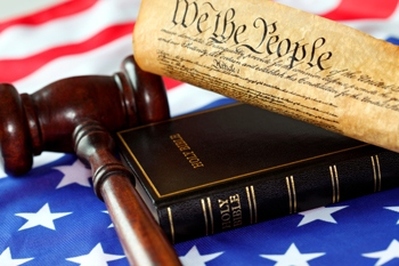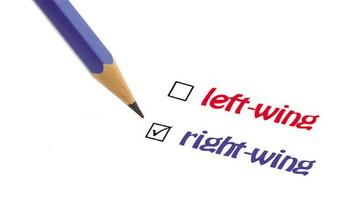
There has been much discussion of a recent study by the Pew Research Forum’s Religion and Public Life Project. The study found that nearly three-fourths of all Americans believe religion’s influence is waning. Most Americans don’t like this (see our post “Changing Our Religion to Match Our Views”). The study concludes that most want religion to play a greater role through involvement in politics, of all things.
That conclusion has drawn attention to the study. But while the invocation of politics incites various sentiments, two questions must be asked soberly: what does it mean to say that religion’s influence is waning? And, what sort of influence is both possible and needed now?
Our work offers clear answers to these questions. First, the American legacy of a few, well-organized religious institutions is clearly in decline. The conflicts that embroil every historic religious body signal the end of historic assumptions. Specifically centralized organizations are shifting toward localized spiritual communities. The shift is both bemoaned and welcomed.
Second, the capacity of religious America to align with political life has become fluid and unpredictable. Irish Catholics, for example, may not be as solidly Democratic as they once were. The new pluralism derails older patterns of political and religious intersection. In that sense religious influence is waning.
In a different regard religion’s influence may be growing. The capacity of faith to promote local community is advancing. As various authors show, notably Robert Wuthnow, religion is a prolific source of community and gives rise to impressive forms of service. The jury remains out on how much civic good this new religious style can engender. But it clear that faith and community engagement are intertwining in new ways.
How far “spirituality” and “community” may extend remains to be seen. But the Pew study suggests a deep longing many are trying to address.
William L. Sachs
That conclusion has drawn attention to the study. But while the invocation of politics incites various sentiments, two questions must be asked soberly: what does it mean to say that religion’s influence is waning? And, what sort of influence is both possible and needed now?
Our work offers clear answers to these questions. First, the American legacy of a few, well-organized religious institutions is clearly in decline. The conflicts that embroil every historic religious body signal the end of historic assumptions. Specifically centralized organizations are shifting toward localized spiritual communities. The shift is both bemoaned and welcomed.
Second, the capacity of religious America to align with political life has become fluid and unpredictable. Irish Catholics, for example, may not be as solidly Democratic as they once were. The new pluralism derails older patterns of political and religious intersection. In that sense religious influence is waning.
In a different regard religion’s influence may be growing. The capacity of faith to promote local community is advancing. As various authors show, notably Robert Wuthnow, religion is a prolific source of community and gives rise to impressive forms of service. The jury remains out on how much civic good this new religious style can engender. But it clear that faith and community engagement are intertwining in new ways.
How far “spirituality” and “community” may extend remains to be seen. But the Pew study suggests a deep longing many are trying to address.
William L. Sachs

 RSS Feed
RSS Feed
